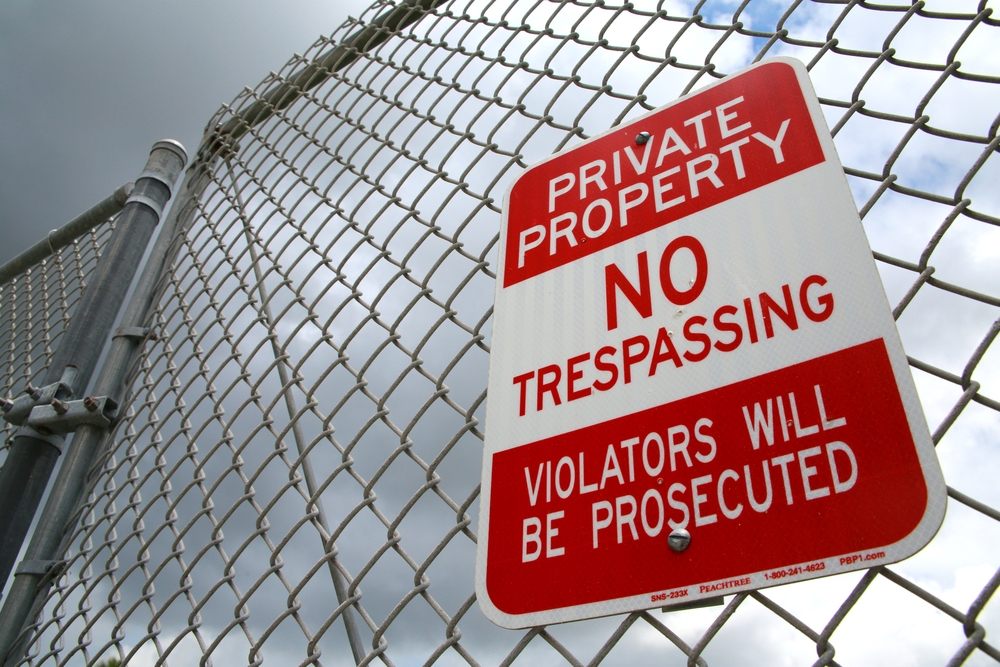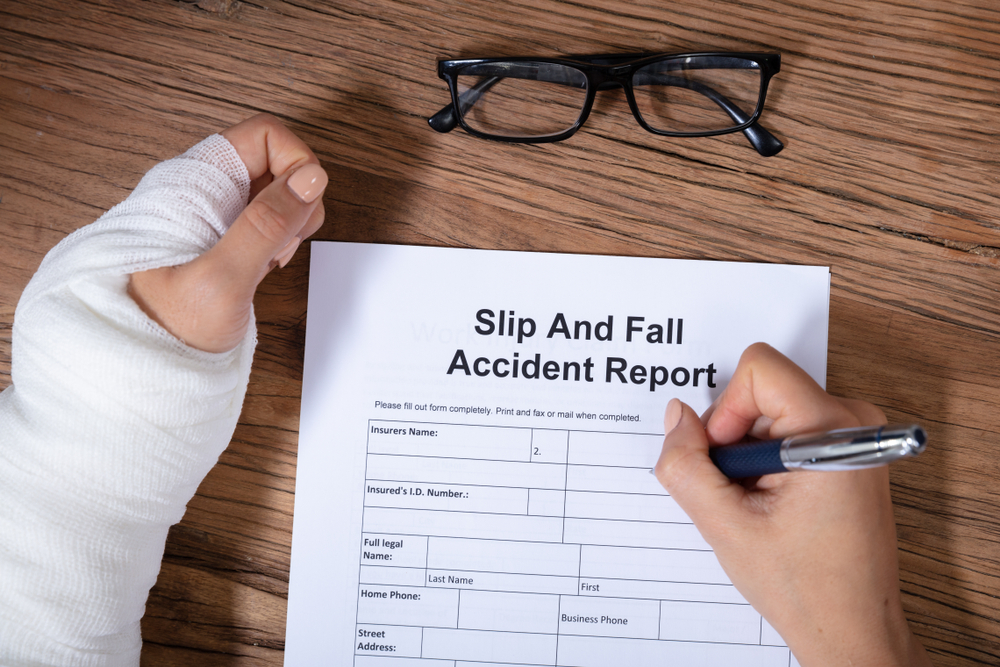While you probably drive by “NO TRESPASSING” signs every day, do you really know what they mean or what the penalty for violating them would be? Trespassing charges in Maryland vary in severity, but a single conviction could result in a fine or jail time. Knowing the truth behind the myths about trespassing is critical to protect yourself.
Myths About Trespassing Charges in Maryland
- Every “No Trespassing” Sign Is Legally Valid
You can be convicted of trespassing if you ignore “no trespassing” signs, but every sign is not created equal. Maryland law requires the signs to be clearly visible on the property that should not be entered. The signs also need to be placed at possible points of entry, like roads, adjoining land and adjoining waterways. If the signs are not visible or hard to read, or there is only one sign posted far away from the entire area that should not be entered, they may not hold up in court. If there are clear signs posted throughout the area, the person who deliberately ignores them could be charged with criminal trespassing charges in Maryland.
- Trespassing Charges Aren’t a Big Deal
While trespassing charges in Maryland are not as serious as other types of charges, they are considered a misdemeanor and carry a penalty of up to 90 days in jail and a $500 fine for the first offense. For subsequent offenses, you could receive sentences up to 6 months in jail and fines up to $1,000 if the crime was committed within 2 years of the first offense.
- You Can Defend Trespassing Charges on Your Own
Any crime that is considered a misdemeanor should be taken seriously, and you should never start defending yourself against trespassing charges in Maryland without the help of a skilled lawyer. Mobley & Brown, LLP has a wealth of experience defending clients against trespassing charges and keeping a misdemeanor and jail time off of their records. Many property owners and businesses try to use trespass laws to prevent people from returning to their property, so a lack of defense could impact your future ability to visit the locations you were accused of trespassing on in the future. We are here to help.
Contact Mobley & Brown, LLP for Help with Trespassing Charges in Maryland
If you are searching for the right attorney in Maryland and unsure where to turn, contact Mobley and Brown, LLP today. Our experienced legal team will work with you to meet your needs. Call us now at (410) 385-0398.













